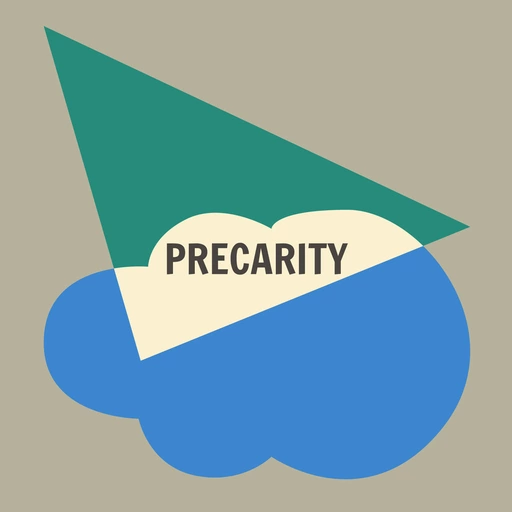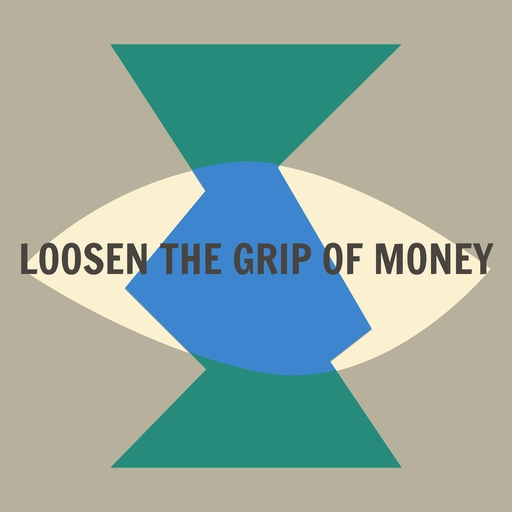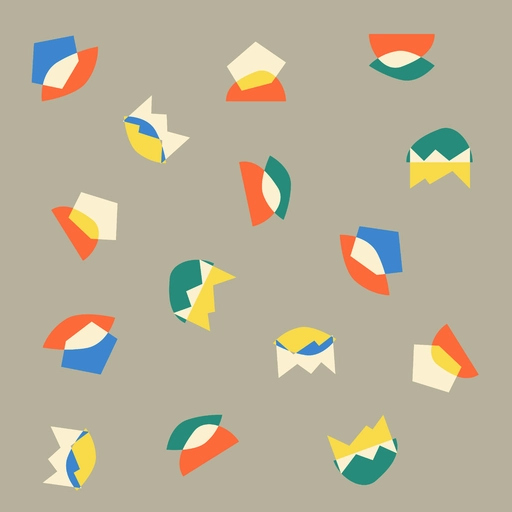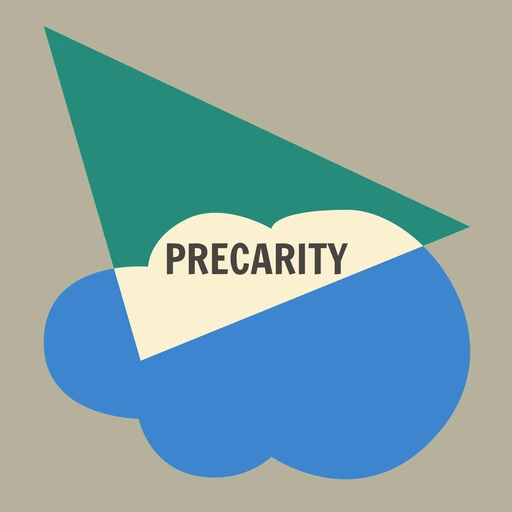To do E
Spider web of privileges
Exercise to make your own situation of privilege clearer
This could also be a group exercise, in which one discusses structures of privileges focusing on one’s own experience. For the group leader, it is important to realize the importance of social safety when discussing these kind of sensitive topics. One possible safety measure could be that no one in the group is allowed to question or criticize someone else’s experience, and that one is only allowed to speak from personal experiences.
What categories of privilege do you see? Elzenbaumer mentions gender, skin colour, geographical and social background and body fitness. What categories of privilege can you add?
Draw a circle and put the different categories evenly spread across the outer side of the circle.
Provide each category with a ladder divided by 5 bars, towards the center of the circle.
Put a dot on the ladder to indicate your position with regard to each category of privilege.
Connect the dots to see how these positions on different categories relate.






